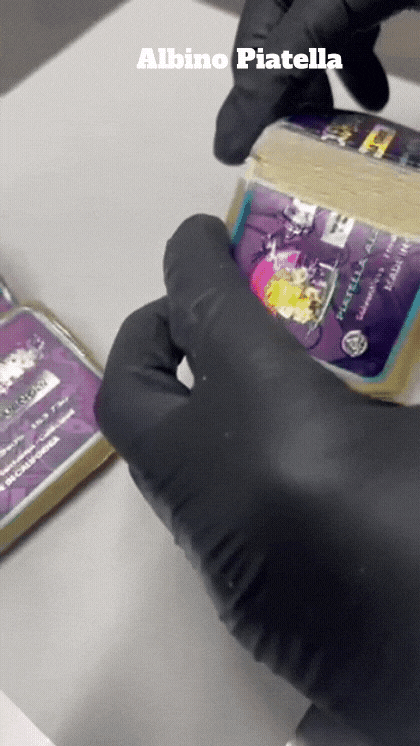Hepatitis C inflames the liver, and over the course of many years, this leads to scarring. Most people with hepatitis C never experience significant scarring or complications, but about 20 percent develop cirrhosis, which is advanced scarring throughout the liver, even then it can take 30 or 40 years for cirrhosis to develop.
Meanwhile, the liver is resilient — when damage occurs, the liver goes to work to regenerate itself. The more cells the liver regenerates, the higher the chances that a mutation will occur in one of those cells, and it’s these mutations that can lead to cancer.
Meanwhile, the liver is resilient — when damage occurs, the liver goes to work to regenerate itself. The more cells the liver regenerates, the higher the chances that a mutation will occur in one of those cells, and it’s these mutations that can lead to cancer.













































